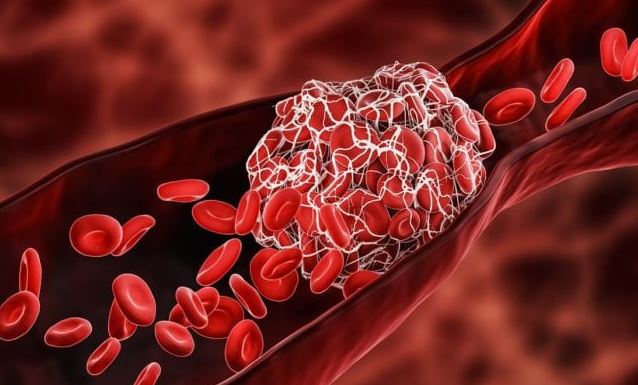 Parler
Parler Gab
Gab
Experts blast study claiming mastectomies improve quality of life
One recent study said young girls who underwent breast removal surgery as they were "transitioning" into males saw an improvement in their quality of life. However, real experts slammed its findings as its three-month follow-up period was unreliable. The said study, published Sept. 26 in the Journal of the American Medical Association (JAMA), looked at two groups of female patients aged 13 to 24 who were "transitioning" into males. One group underwent mastectomies, while the other did not. It ultimately concluded that "top surgery is associated with improved chest dysphoria, gender incongruence and body image satisfaction" in the cohort. Experts, however, did not agree with the findings as its follow-up period only encompassed three months – a period too short to assess the real effects of this surgical procedure. "I don't think it should shape clinical care because three months after an operation, people can easily feel happy because complications haven’t happened yet," psychotherapist Stella O'Malley told Fox News. "What we need to know is how they feel after a year, how they feel after five years, and how they feel after 10 years. Then you’ve got something statistically significant, and you’ve got some serious data that you can actually shape your clinical care around,” she added. (Related: Horrific child abuse: Mastectomies among 'transgender' minors have 'exploded.') "The affirmative model is only 10 years old, so we don't have any long-term data. We don’t know what the impact of a mastectomy is on a 14-year-old. We don't know what they're like when they're 24 because there isn't any data to show us." Head over to GenderConfused.com for more stories about gender-related medical interventions. Watch a detransitioned molecular biologist warn against puberty blockers in the news interview below. This video is from the NewsClips channel on Brighteon.com.More related stories:
Experts question long-term effects of breast mutilation surgery on quality of life of transgender youth. Latest trans fad involves men slicing off shoulder width to look more "feminine." German government website encourages kids to take puberty blockers, pushes "more than two genders" propaganda. Promotional video urges "confused" teens to delay puberty using chemical hormone blockers. Sources include: HarbingersDaily.com LifeSiteNews.com ThePostMillennial.com JAMANetwork.com Brighteon.comNew Zealand High Court FORCES baby to receive tainted blood, forbidding unvaccinated blood donors
By Lance D Johnson // Share
Governments continue to obscure COVID-19 vaccine data amid rising concerns over excess deaths
By patricklewis // Share
Tech giant Microsoft backs EXTINCTION with its support of carbon capture programs
By ramontomeydw // Share
Germany to resume arms exports to Israel despite repeated ceasefire violations
By isabelle // Share










